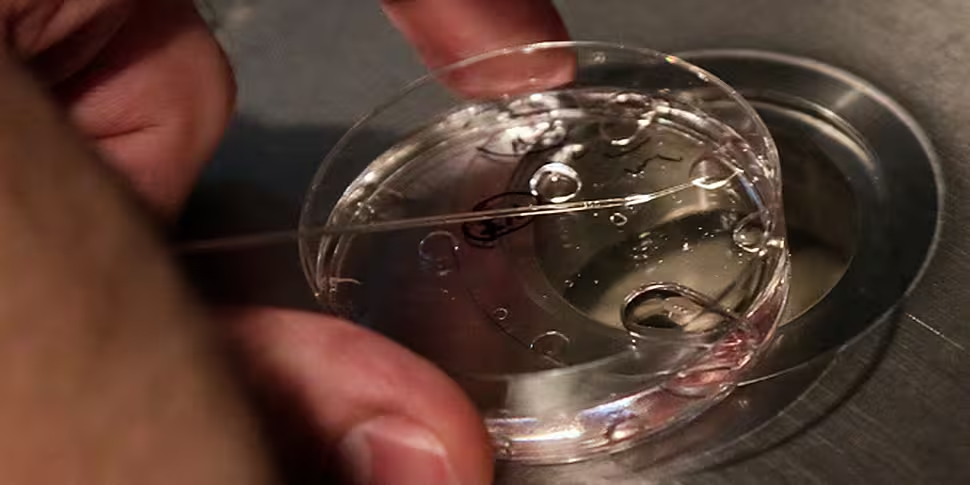The World Health Organisation (WHO) is redefining infertility to include single men and women without medical issues who do not have children, but want to become a parent.
The move suggests that single men and women unable to find a suitable sexual partner could now be defined as infertile.
Until now, infertility has been classed as "failure to achieve pregnancy after 12 months of trying to conceive". This departure will see infertility redefined from a medical condition to the “right to reproduce” and could have public policy health implications.
Infertility affects 1 in 5 couples in Ireland.
Speaking about the change in the definition Dr Bart Kuczera, Consultant with Beacon Health Fertility said, “As surrogacy is illegal in this country it’s unlikely that this new WHO definition will be adopted in the short term."
Kuczera adds that the new definition could impact government plans to fund fertility treatment for couples struggling to conceive.
In February, the then-Minister for Health Leo Varadkar announced public funding for fertility treatments.
"I believe it is important that we should consider how best to provide public funding for fertility treatment in tandem with closing the current legislative gap in this area of healthcare", Mr Varadkar said
"Fertility treatments should be funded in such a way that not only maximises efficiency but which ensures equity of access as well."
The government agreed to prepare new laws to regulate surrogacy and the broader area of assisted human reproduction and associated research last year.The legislation will regulate a range of practices for the first time, including surrogacy, embryo donation, the screening of embryos for serious genetic diseases, gamete (sperm or egg) donation and stem cell research.
“The priority throughout will be to safeguard the welfare, safety and best interests of children and to uphold the principles of consent and equality,” Mr. Varadkar said at the time.









